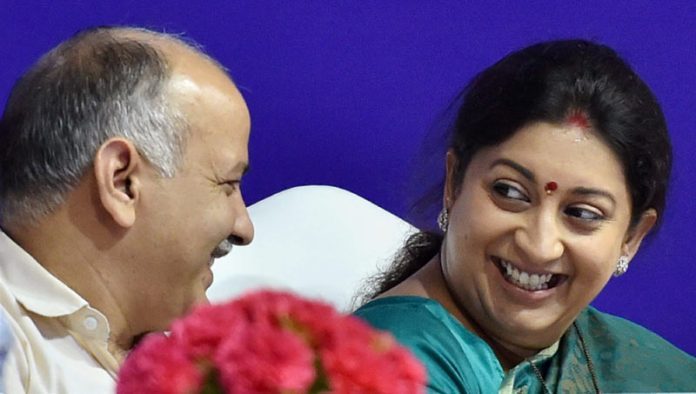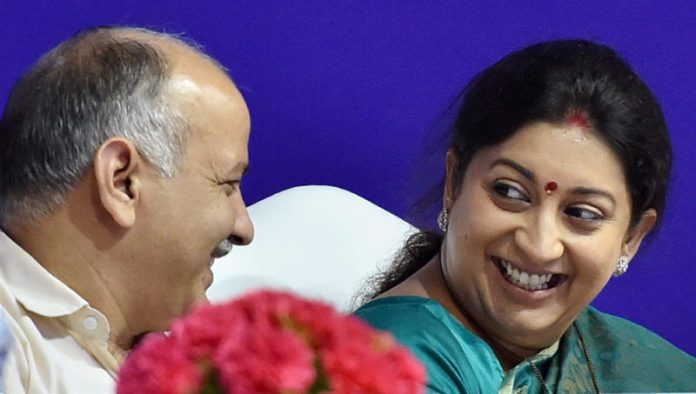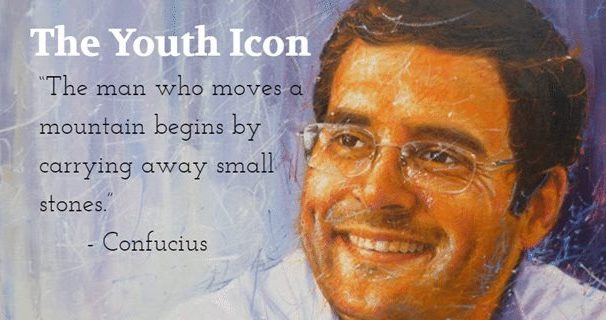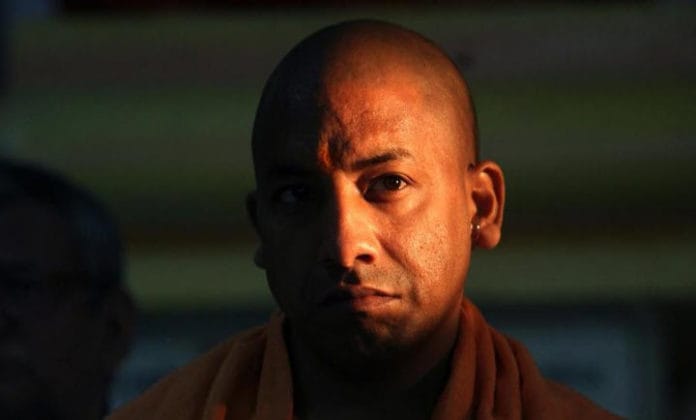In order to facilitate the study of science and technology , Education Minister of India, Smriti Irani said IITs were asked to teach Sanskrit language. According to the source’s reports, HRD minister Smriti Irani said in a written reply that a panel, chaired by former CEC N Gopalaswami, in its report had suggested that the IITs may facilitate study of science and technology as reflected in Sanskrit literature along with inter-disciplinary study of Sanskrit and modern subjects.

Image Courtesy: financialexpress.com
Aam Aadmi Party (AAP)’s Manish Sisodia, the Deputy Chief Minister of Delhi, though successfully trolled Smriti Irani in his tweets, saying computer language should be declared “anti-national, but while doing so, He did a minor mistake. Let’s see his tweets first.
All computers in India using languages like C+, Java, SOL, Python..should b declared antinational once IITians learn working in sanskrit.2/2
— Manish Sisodia (@msisodia) April 26, 2016
One should understand Sanskrit is the only language which can compete with C++, Java, SOL, Python, Javascript…1/2 https://t.co/QhYq3PcuZy
— Manish Sisodia (@msisodia) April 26, 2016
In both tweets, perhaps he mistakenly wrote SOL inspite of SQL which stands for Structured Query Language. It is used to communicate with a database. According to ANSI (American National Standards Institute) and it is also the standard language for RDBMS.
While Going deeper, SOL is also a domain specific language which was developed jointly by the United States Naval Research Laboratory and Utah State University in the USA. SOL stands for Secure Operations Language which is intended to be a domain-specific language for developing service-based systems. Interestingly enough, the investigators of the current SOL project are both from Indian origin – Dr. Ramesh Bharadwaj from the Naval Research Laboratory and Dr. Supratik Mukhopadhyay from Utah State University. Though I don’t think Delhi’s deputy CM Manish Sisodia was really pointing to this language but still we can’t say him literally wrong on this 🙂
Here are some responses on twitter reacting specifically on this silly mistake.
@msisodia
A) Moron, its not SOL. Its SQL. and, not every computer runs on these.
B) Whats your problem if people learn Sanskrit?— Valmiki (@valmikii) April 26, 2016
@msisodia Sir it’s SQL not SOL , btw IIT is also produces engineers from other fields & also krantikaris like AK .????https://t.co/91Af5URkJN
— Design Bandit (@arroworks) April 26, 2016
In July 2000, the government had issued notices to around 40 institutions, including the IITs and IISC, under NDA-I, asking them to consider introducing Sanskrit courses. Since then, various IITs have integrated the knowledge available in ancient Indian texts in the mainstream engineering curriculum. IIT. Back in 2000, an advisory was issued for the introduction of Sanskrit language during the BJP-led National Democratic Alliance’s earlier tenure, which had led IIT Bombay and IIT Gandhinagar to have cells and courses specific to Sanskrit studies.
Now talking a little about the seriousness of this topic. Sanskrit was indeed the language of Science in ancient India and based on various researched articles, it can be impactfully used as the language of computer and sometimes in better form than what we get from the current computer language ie. English. But it’s not as easy as releasing a government instruction. Here is paragraph from the speech delivered by Justice Markandey Katju, Judge, Supreme Court of India in the Indian Institute of Science Bangalore on 13.10.2009 discussing on the topic “Sanskrit: As a language of Science”
The foundation of India culture is based on the Sanskrit language. There is a misconception about the Sanskrit language that it is only a language for chanting mantras in temples or religious ceremonies. However, that is less than 5% of the Sanskrit literature. More than 95% of the Sanskrit literature has nothing to do with religion, and instead it deals with philosophy, law, science, literature, grammar, phonetics, interpretation etc. In fact, Sanskrit was the language of free thinkers, who questioned everything, and expressed the widest spectrum of thoughts on various subjects. In particular, Sanskrit was the language of our scientists in ancient India. Today, no doubt, we are behind the Western countries in science, but there was a time when India was leading the whole world in science. Knowledge of the great scientific achievements of our ancestors and our scientific heritage will give us the encouragement and moral strength to once again take India to the forefront of science in the modern world.
You can read the full english transcript of the speech here.






Discussion about this post